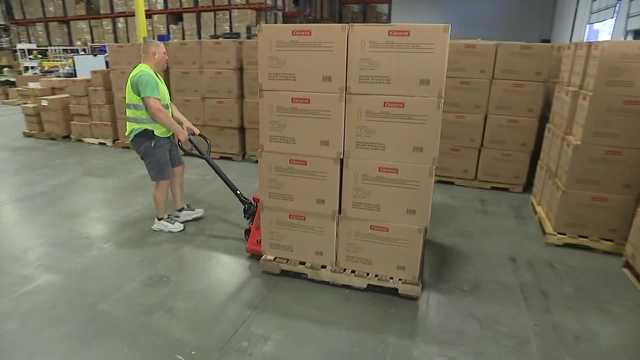Small Business Lifeline: Chamber Fights Back Against Tariff Squeeze

Small business owners across the United States are sounding the alarm, urgently seeking tariff exclusions as economic pressures mount. The U.S. Chamber of Commerce has issued a stark warning, emphasizing the potential for "irreparable harm" to local businesses and Main Street economies if immediate relief is not granted.
Entrepreneurs are feeling the squeeze from ongoing trade tensions, with many struggling to absorb the additional costs imposed by current tariff structures. These small business owners argue that the current trade policies are threatening their ability to compete, grow, and sustain their operations.
The Chamber's dire prediction highlights the critical nature of the situation, suggesting that without swift intervention, numerous small businesses could face significant financial challenges or even potential closure. Their plea for tariff exclusions represents a desperate attempt to preserve the economic vitality of local communities and protect the entrepreneurial spirit that drives American innovation.
As the debate continues, these business owners are calling for policymakers to recognize the real-world impact of trade policies on grassroots economic actors who form the backbone of local economies nationwide.
